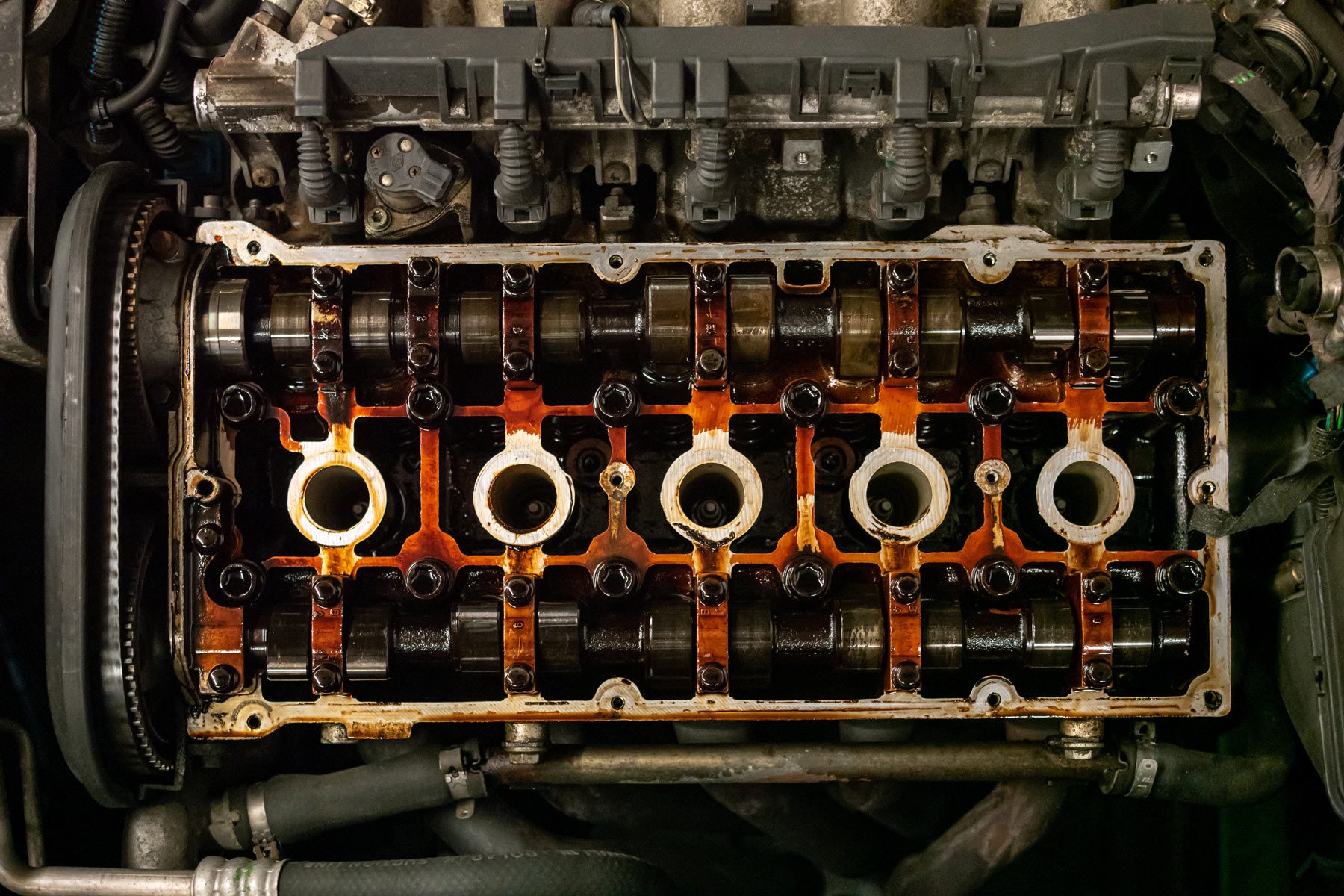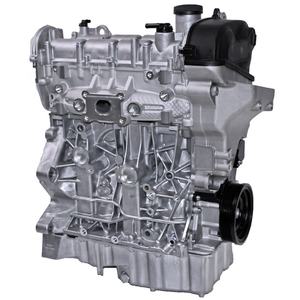Opel Corsa Engine: Performance and Integrity for Your Lorry
Opel Corsa Engine: Performance and Integrity for Your Lorry
Blog Article
Reliable and Effective Small Car Motor Performance Analysis
Evaluating the performance of little auto electric motors is a nuanced job that calls for a keen eye for detail and a deep understanding of auto engineering principles. By checking out crucial metrics such as horsepower and torque, as well as examining gas performance, we can reveal insights into exactly how little car engines can be optimized for peak performance.

Tiny Automobile Electric Motor Efficiency Metrics
In examining the performance of small vehicle electric motors, vital metrics such as acceleration, fuel efficiency, and power output play a critical duty in determining their total performance and suitability for various driving conditions. Acceleration, determined in secs from 0 to 60 miles per hour, indicates exactly how swiftly a tiny car can reach greater speeds, which is necessary for combining onto highways or surpassing other vehicles. Fuel performance, generally determined in miles per gallon (MPG), mirrors how much a little cars and truck can take a trip on a gallon of fuel, affecting running prices and ecological sustainability. Power output, revealed in horsepower (HP) or kilowatts (kW), symbolizes the engine's capability to create the necessary pressure to move the automobile, affecting its performance in various roadway conditions. By examining these efficiency metrics comprehensively, manufacturers, vehicle drivers, and automotive enthusiasts can make enlightened decisions relating to the choice and optimization of small auto motors to meet their certain demands and preferences.

Horse Power and Torque Evaluation
With a fundamental duty in recognizing tiny cars and truck motor horse power, torque and performance evaluation offers insight into the engine's power distribution attributes. In the context of small car motors, horse power is crucial for determining acceleration, leading rate, and overall performance. By recognizing the partnership in between horsepower and torque, automobile designers can enhance engine efficiency to satisfy the certain needs of little automobile applications.
Fuel Effectiveness Analysis
The examination of fuel effectiveness in small vehicle motors plays a crucial function in establishing their ecological and economic influence. Gas efficiency describes the capability of a car to make use of gas properly in connection to the distance took a trip. In little auto motors, where small dimension often associates with much better fuel economic situation, various factors influence efficiency. Engine design, weight, aerodynamics, and driving problems all add to how efficiently gas is consumed.
Little car motors that attain higher MPG ratings are thought about a lot more fuel-efficient, resulting in expense financial savings for drivers and minimized emissions that profit the atmosphere. Makers constantly aim to enhance gas efficiency through developments in engine modern technology, light-weight products, and wind resistant styles.

Enhancing Tiny Cars And Truck Engine Efficiency
Enhancing the efficiency of small vehicle engines is find here critical in maximizing efficiency and decreasing operational expenses. Enhancing little car engine performance entails an alternative method that considers numerous variables such as engine design, fuel administration systems, and general automobile characteristics. One vital facet of optimizing engine performance is ensuring appropriate maintenance timetables are adhered to, including regular oil changes, filter substitutes, and ignition system examinations. In addition, tuning the engine to operate at its peak performance can significantly enhance general efficiency.
An additional crucial factor in enhancing small automobile engine efficiency is the usage of sophisticated innovations such as turbocharging or hybrid systems. These innovations can enhance power result without endangering gas effectiveness, offering an equilibrium between efficiency and economy. Maximizing engine performance likewise includes improving burning effectiveness, lowering frictional losses, and enhancing thermal administration systems.
Future Trends in Small Auto Motors
Because of progressing automobile modern technologies and the continuous quest of optimum little auto engine performance, an expedition of future fads in tiny auto electric motors comes to be crucial - opel corsa engine. One famous trend on the horizon is the raising assimilation of electric powertrains in little cars. As the vehicle sector changes in the direction of sustainability and decreased discharges, more little car suppliers are buying electrical motor her explanation modern technology to improve efficiency and ecological friendliness
One more substantial pattern is the advancement of smaller yet more powerful turbocharged engines for little automobiles. By downsizing engine capacities and incorporating turbocharging innovation, car manufacturers can achieve greater power outcomes while keeping fuel efficiency. This trend aligns with the growing customer need for little cars and trucks that provide a vibrant driving experience without jeopardizing on fuel economic situation.
Furthermore, the emergence of crossbreed powertrains in little automobiles is expected to get grip in the future. Crossbreed systems supply the advantages of both inner combustion engines and electric motors, supplying enhanced efficiency and fuel effectiveness. As improvements in battery innovation proceed, little automobile electric motors are most likely to become much more effective and reliable, satisfying the evolving needs of consumers and regulative demands for cleaner transportation options.
Final Thought
Finally, the analysis of tiny car electric motor performance metrics such as gas, torque, and horsepower efficiency is important in maximizing engine performance. By evaluating these aspects, makers can improve the total effectiveness and power result of tiny auto motors (opel corsa engine). Future fads in tiny vehicle electric motors are most likely to focus on improving efficiency while preserving gas efficiency, making sure that little automobiles continue to be a reliable and economical option for consumers
By checking out essential metrics such as horsepower and torque, as well as reviewing fuel effectiveness, we can discover understandings into exactly how little car engines can be maximized for peak efficiency. Optimizing small vehicle engine performance entails a holistic approach that takes into consideration different elements such as engine style, fuel management systems, and general automobile characteristics.In light of progressing automobile modern technologies and the continuous pursuit of optimal small vehicle engine performance, an expedition of future fads in little car motors comes to be critical.In conclusion, the evaluation of little vehicle motor performance view metrics such as torque, horse power, and fuel performance is vital in enhancing engine performance. Future fads in little car electric motors are most likely to concentrate on boosting performance while maintaining gas performance, ensuring that tiny cars continue to be a cost-effective and trusted selection for customers.
Report this page